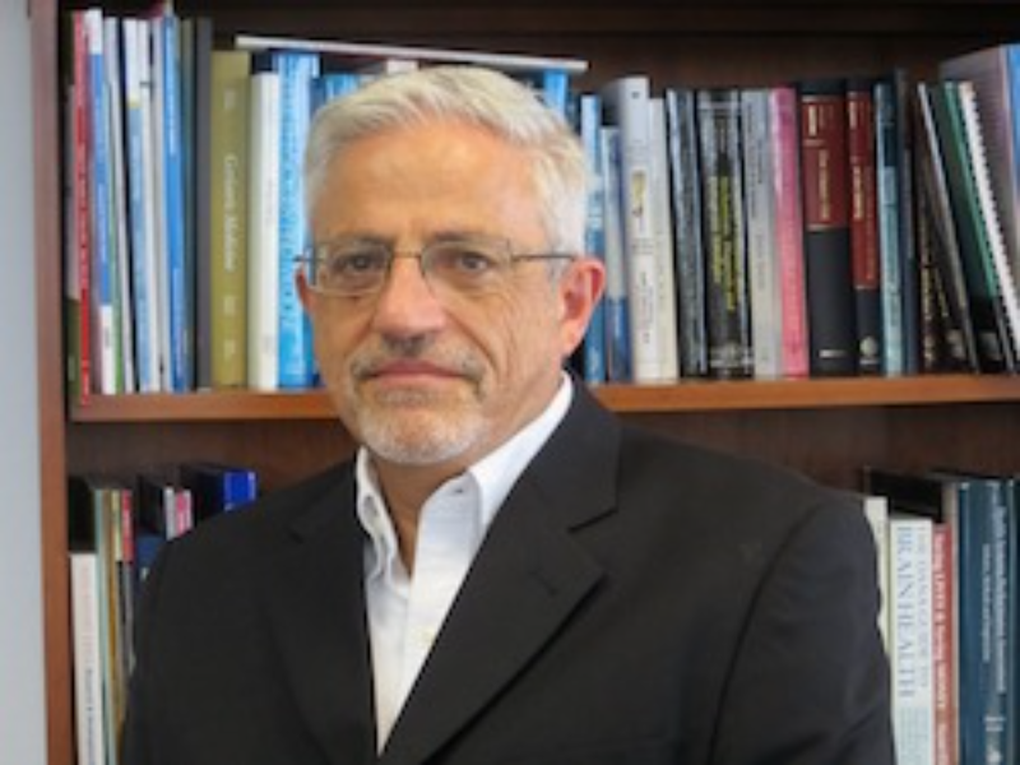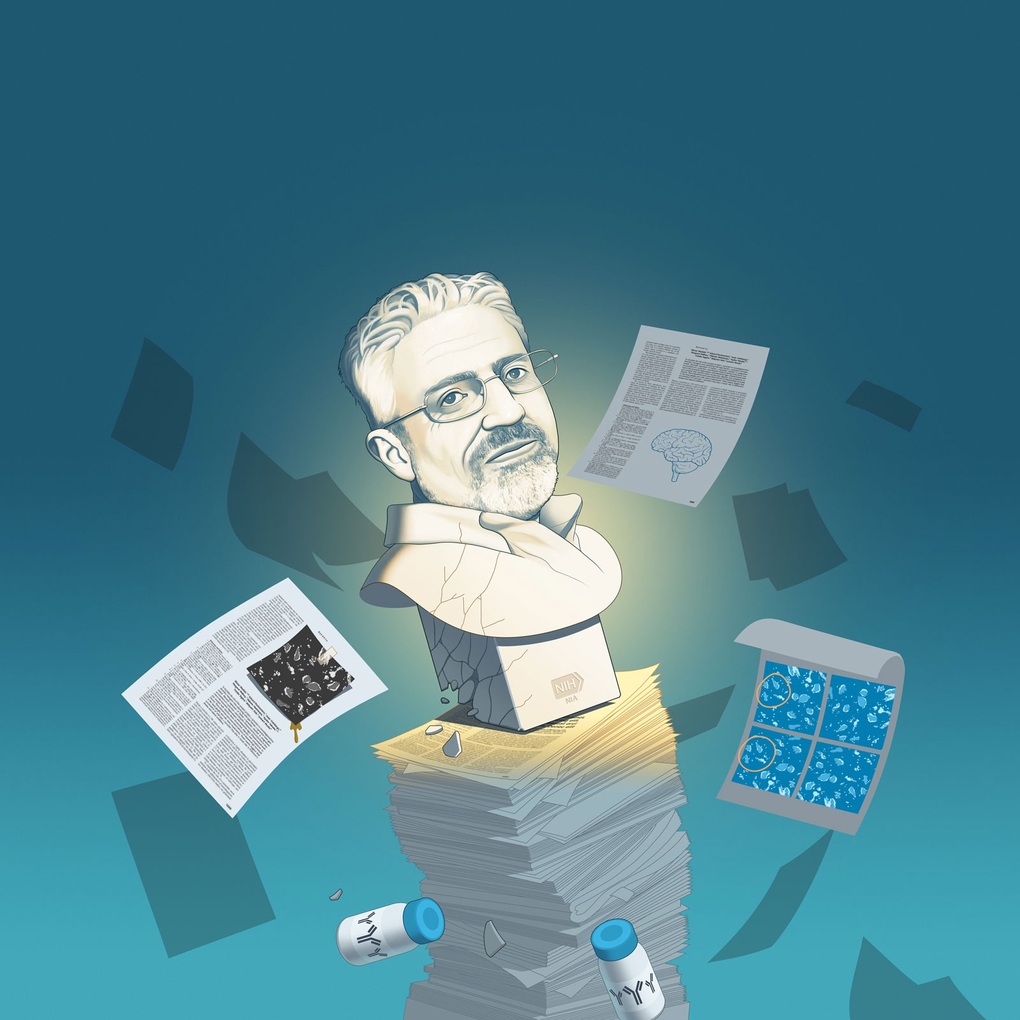Shocking the medical world
An investigation by the National Institutes of Health found that Masliah had shown signs of dishonesty in his scientific research, using doctored images and reusing them in various articles about the research and treatment of Alzheimer’s disease, a disease he has been studying for decades.
Mr. Masliah was the head of the Department of Neuroscience at the National Institute on Aging, a government-sponsored research unit specializing in elderly health care. In this position, Mr. Masliah was considered an outstanding scientist in the US in the field of research on Alzheimer's and Parkinson's diseases.

Mr. Eliezer Masliah has been investigated by US authorities in the medical field (Photo: NIA).
However, an investigation by the US National Institutes of Health has caused Professor Masliah's reputation to collapse. He was found to have deliberately falsified data tables used in scientific studies, so the accuracy of the research results he presented is questionable.
Masliah’s fraud has had a major impact on the scientific journals that published his work. The American scientific journal Sciene has conducted an independent investigation into the articles submitted by Masliah.
"We found four articles that used doctored photos. These articles all presented information that Mr. Masliah took from different trials during the research and treatment of Parkinson's disease," said a representative of Science magazine.
"This incident has shocked us researchers," said Christian Haass, a neuroscientist and lecturer at Ludwig Maximilian University of Munich (Germany). "When I read this information, I felt dizzy as if I had just suffered a sudden fall."
Why falsify scientific research content?
The US National Institutes of Health has now issued an official statement about Mr. Eliezer Masliah: "After the investigation, we have found evidence that Mr. Eliezer Masliah committed fraud in the scientific research process.
Specifically, he falsified some content, including reusing data tables in different test results reports. This sign was found in two published scientific papers. We will send notices to the two relevant scientific journals for them to verify and take appropriate actions."

The research results presented by Mr. Masliah are causing confusion about the level of accuracy (Photo: Science).
The National Institutes of Health began investigating Mr. Masliah in May 2023, immediately after receiving suspicious information provided by the Office of Scientific Research Integrity. The National Institutes of Health officially ended its investigation of Mr. Masliah on September 15 and will send the investigation report to relevant parties.
An independent investigation by the journal Science, which included neuroscientists and information security experts, came to an even more shocking conclusion: more than 100 of Masliah’s articles published over the past two decades showed signs of using manipulated images that did not guarantee authenticity.
Mr. Masliah, who is a lecturer at the University of California San Diego (USA), was appointed to a new position at the US National Institute on Aging in 2016, after the US government decided to increase the budget for research on how to treat Alzheimer's disease.
The Department of Neuroscience, chaired by Masliah, has received $2.6 billion in research funding. Masliah has become a leading figure in the field of neuroscience research in the United States and has always had ideal conditions to conduct research.
His research and experiments have been presented in about 800 papers and are frequently cited in the treatment and drug development of Alzheimer's and Parkinson's diseases.
With a high position and always having ideal conditions to conduct research, Mr. Masliah has "raced" to maintain his leading position, in terms of the number of research conducted and the number of scientific articles published.
Source: https://dantri.com.vn/giao-duc/giao-su-dau-nganh-gian-lan-nghien-cuu-chan-dong-gioi-y-khoa-20241002110650901.htm


![[Photo] Prime Minister Pham Minh Chinh receives Mr. Jefferey Perlman, CEO of Warburg Pincus Group (USA)](https://vstatic.vietnam.vn/vietnam/resource/IMAGE/2025/4/18/c37781eeb50342f09d8fe6841db2426c)


























































































Comment (0)